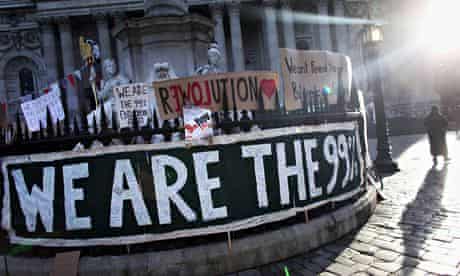 The Stranger (Novella by Albert Camus, 1942)
The Stranger (Novella by Albert Camus, 1942)
Feature Film (Italian; 1967)Director: Marcello Mastroianni
The last few years of his existence were not particularly pleasant. It started with diabetes which progressively affected his night vision. His occasional falls off his motorcycle, and a fracture shook his confidence. Progressively, the Penang roads appeared too hostile to his liking. He lost his independence when his children did not allow him to renew his driving and bike licences.
From then on, things only went south. Two episodes of strokes later and a urinary bladder's tumour afterwards with the ensuing therapy made life more miserable. If that was not enough, the accidental falls, lacerations and worsening eyesight added to his misery and the people living around him. Many unsavoury words were hurled out of frustrations.
So, when the day of reckoning finally came, it was a relief of sorts. At least, that is how I looked at it. Released from the distresses of the mortal life, he could be free in the netherworld, free of aches and pangs.
 |
Albert Camus
1957 Nobel Prize in Literature |
But, came the funeral; the very people who were frustrated with his demands were the first to have no qualms in displaying their emotive expressions of sorrow. They were shameless with their verbose exhibition of grief. Weepers behaved as if they were young orphans who were left in a quandary of losing a sole remaining parent. And I had the queasy feeling that they expected the same of me.
I wondered what they thought of me as I went on to do the final rites. I, too, was asking myself whether I had psychopathic tendencies for not sharing their same sentiments. I was relieved that he was free of his miseries and could take a long sleep, knowing very well that he did not have to wake up to another day, endure its uncertainties and drag through another 24 hours of pain. He was free from any encumbrances.
I did not think mourners shared my viewpoints. In their minds, certain conduct is expected of a member in a particular community, barring which he is scorned upon. He would be labelled as deviant, not right in his head, not fit to be one of them.
The same sentiments must have been felt by the protagonist of Camus' 1942 novella 'The Stranger'. Arthur Mersault, a free thinker, is informed of his mother's death in a retirement home. Mersault never had a cordial relationship with his mother but, looking at it as his filial duty, he attends to the final rites. He merely whisks through the rituals without much attachment to his loss. He even declines the offer to see his mother's body for the last time before the coffin is nailed.
The weekend following the funeral saw Mersault go for a swim, a movie with his girlfriend and an outing by a beach. He also helps his acquaintance, an unsavoury character, who is rumoured to be a pimp, to pen a threatening letter to his two-timing girlfriend.
When Mersault is finally charged in the second half of the story for the murder of the brother of the pimp's girlfriend, his character is implied from his earlier behaviours. The clearly conservative legal system finds Mersault guilty as he is deemed a person of low morals and without a guiding stand in life because of his irreligiosity. In the 'righteous' jury mind, a person who is so nonchalant about the demise of the person who gave him life would not provide an iota of hesitation and remorse to gun down a defenceless Arab boy.
That is how it is. We are left to stay afloat on this journey of life without its purpose and try to find answers as we go on. We are doubtful about our perception, but we still convince ourselves that we have all answers. We try to reassure ourselves by spreading and forcing our beliefs on others. The more a lie is repeated, it eventually becomes the truth. We become more cocksure by the numbers. Any revolt against this status quo creates cognitive dissonance, the mental discomfort and frustrations about all the time and effort wasted upon a dogma. And we would fight it with tooth and nail.
 It is no secret. Even though there is a declaration at the beginning of each episode that its story is a work of fiction and that any resemblance to anyone living or dead is purely coincidental, it is as plain as day. There is no doubt that this web series is a fictionalised version of the former Chief Minister's life and times and a one-time highest-grossing actress in the Southern cinema, J Jayalalitha.
It is no secret. Even though there is a declaration at the beginning of each episode that its story is a work of fiction and that any resemblance to anyone living or dead is purely coincidental, it is as plain as day. There is no doubt that this web series is a fictionalised version of the former Chief Minister's life and times and a one-time highest-grossing actress in the Southern cinema, J Jayalalitha.


























